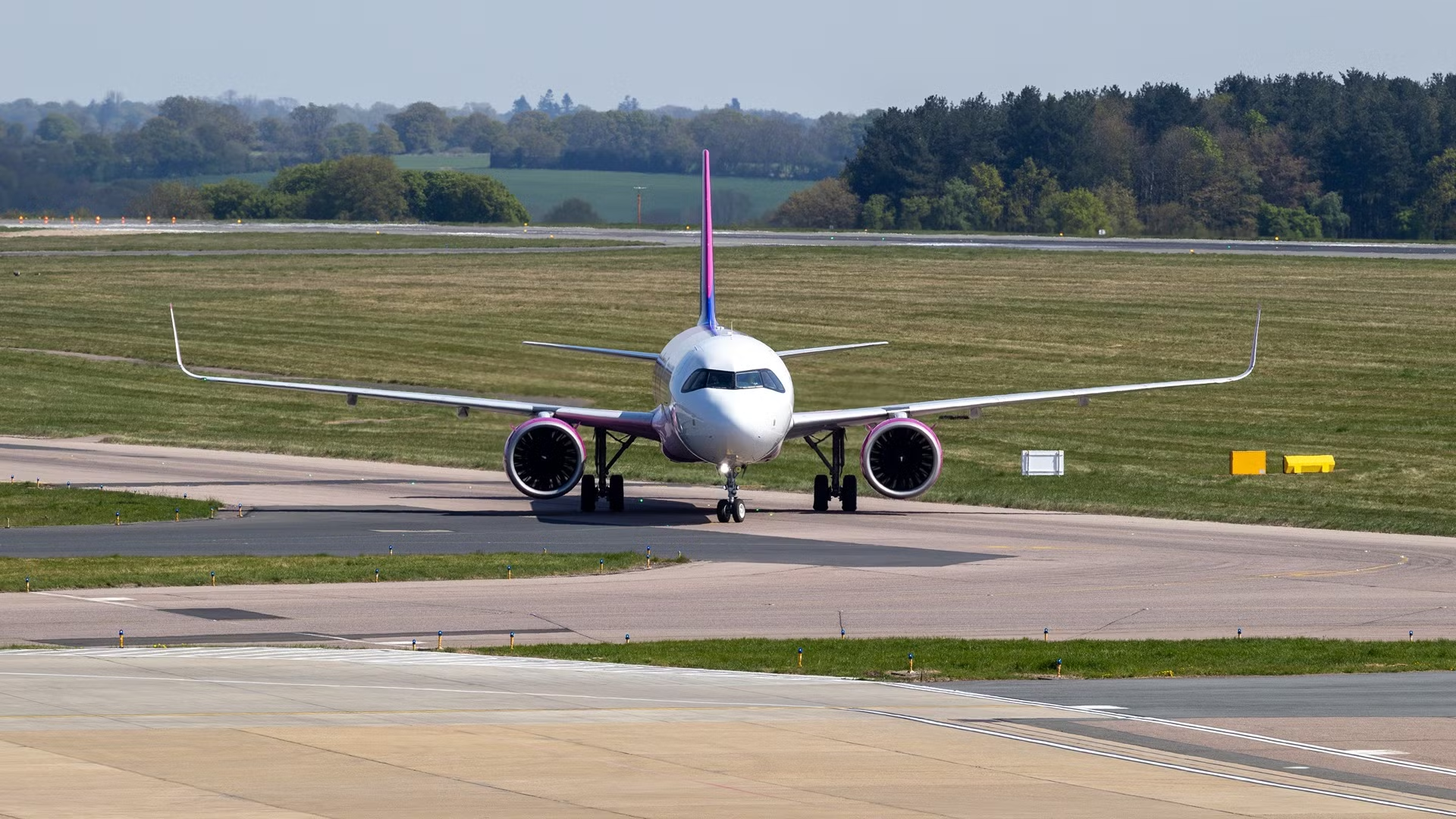World
Wizz Air Plans All-A321neo Fleet with 380 Aircraft by 2033

European low-cost airline Wizz Air has announced a significant fleet transformation, aiming to operate an all-Airbus A321neo fleet comprising 368 A321neo aircraft and 11 A321XLRs by March 2033. This strategic shift supports the airline’s ambitions for expanding its network across Europe and potentially into long-haul markets. Wizz Air, which is headquartered in Budapest, Hungary, operates an extensive network primarily in Eastern Europe and is planning to open new bases in various locations.
As part of this overhaul, Wizz Air intends to withdraw older models from its fleet, including a substantial number of its A320 aircraft, by the end of the 2029 financial year. Newer models of the A320neo may remain in service until 2033. The airline’s current fleet exceeds 240 aircraft made up of the Airbus A320 family, including the A320-200 and A321-200 variants.
Expansion Plans and Market Focus
Wizz Air’s growth strategy had previously aimed for a fleet of 500 aircraft by 2030. However, this target has shifted in favor of establishing a streamlined all-A321 fleet in the early part of the next decade. The airline has also been re-evaluating its market presence, notably withdrawing from bases in both Vienna and Abu Dhabi. The latter was a venture founded in 2019 in partnership with the Abu Dhabi Developmental Holding Company but ceased operations in September 2023.
Wizz Air continues to serve a range of destinations beyond Europe, including locations in North Africa, the Middle East, and parts of Asia. With plans to expand its footprint in Central and Eastern Europe, the airline will establish new bases in Warsaw Modlin, Tuzla in Bosnia & Herzegovina, Yerevan in Armenia, and Bratislava in Slovakia, all of which already see Wizz Air flights. The airline anticipates these bases will be cost-neutral by 2027.
Strategic Shift and Cost Management
Wizz Air is shifting focus to reduce operations from higher-cost airports, as approximately 75% of its operations are based in Eastern Europe. The airline’s decision to delay several Airbus A321 deliveries will help consolidate its presence in this region, which is crucial for its business model. The cancellation of numerous A321XLR orders in favor of A321neo aircraft has also adjusted the airline’s growth trajectory, which now expects an annual capacity increase of between 10% and 12% until the end of 2030.
As part of its restructuring, Wizz Air will allocate more aircraft to its existing bases in Macedonia, Bulgaria, Poland, Albania, and Moldova. This strategic realignment aims to enhance operational efficiency and further entrench its status as a leading carrier in the region.
In addition to its operational adjustments, Wizz Air continues to influence the evolution of air travel in Europe. Alongside other low-cost airlines like Ryanair and easyJet, Wizz Air has contributed to making travel more affordable and accessible for millions. The airline offers a no-frills approach, enabling passengers to select additional services such as checked baggage, meals, and priority boarding for a fee, thereby catering to cost-conscious travelers.
The upcoming changes in Wizz Air’s fleet and operational strategy reflect its ongoing commitment to growth and adaptability in a competitive market. As the airline advances toward its all-A321 fleet, it will be closely watched by industry analysts and aviation enthusiasts alike, eager to see how this shift will shape the future of low-cost air travel in Europe and beyond.
-

 Top Stories3 months ago
Top Stories3 months agoTributes Surge for 9-Year-Old Leon Briody After Cancer Battle
-

 Entertainment4 months ago
Entertainment4 months agoAimee Osbourne Joins Family for Emotional Tribute to Ozzy
-

 Politics4 months ago
Politics4 months agoDanny Healy-Rae Considers Complaint After Altercation with Garda
-

 Top Stories4 months ago
Top Stories4 months agoIreland Enjoys Summer Heat as Hurricane Erin Approaches Atlantic
-

 World5 months ago
World5 months agoHawaii Commemorates 80 Years Since Hiroshima Bombing with Ceremony
-

 Top Stories3 months ago
Top Stories3 months agoNewcastle West Woman Patricia Foley Found Safe After Urgent Search
-

 Top Stories5 months ago
Top Stories5 months agoFianna Fáil TDs Urgently Consider Maire Geoghegan-Quinn for Presidency
-

 World5 months ago
World5 months agoCouple Convicted of Murdering Two-Year-Old Grandson in Wales
-

 World5 months ago
World5 months agoGaza Aid Distribution Tragedy: 20 Killed Amid Ongoing Violence
-

 World5 months ago
World5 months agoAristocrat Constance Marten and Partner Convicted of Infant Murder
-

 Top Stories4 months ago
Top Stories4 months agoClimbing Errigal: A Must-Do Summer Adventure in Donegal
-

 Top Stories4 months ago
Top Stories4 months agoHike Donegal’s Errigal Mountain NOW for Unforgettable Summer Views









